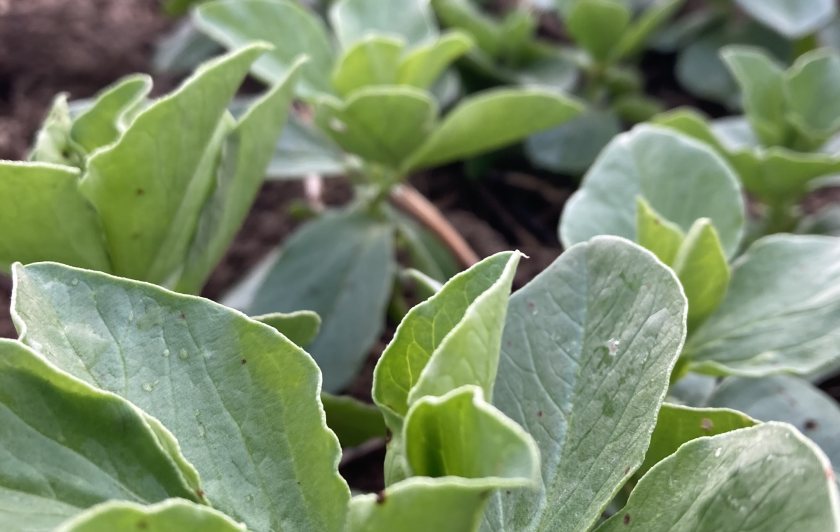Mole Valley Farmers looks to expand unique bean buyback scheme

A unique 'bean buyback scheme' that benefits growers and helps secure a valuable and secure feed supply for livestock is hoping to expand.
The Mole Valley Farmers scheme aims to provide growers with a secure market and guaranteed price and premium over wheat, which can be fixed at any time.
It follows the Covid pandemic and the Ukraine crisis, which have rocked feed supplies in the UK and around the world.
According to Mole Valley Farmers, the scheme also has additional premiums when protein levels exceed a specific threshold.
Farmers signing should farm within 50 miles of one of Mole Valley Farmers' three feed mills in southwest England.
Eight growers covering 325 hectares are currently signed up to the scheme, including Dyson Farming and cheese makers the Alvis family at Lye Cross Farm, Bristol.
The beans are grown on contract for the agricultural supplier and repurchased following harvest to be used across its entire compound and blend ruminant feed range.
In addition, the scheme aims to secure feed supplies for livestock whilst also improving the sustainability of the supply chain by producing feed locally and reducing the reliance on soya.
Mole Valley Farmers has worked with seeds specialists Cope Seeds to ensure the selected varieties provide an agronomic value for the growers whilst achieving nutritional values.
Winter varieties include Tundra and Vespa, which have been selected for their high protein content.
The spring variety Victus has been chosen for its low vicine content to maximise feed efficiency in livestock.
Mole Valley Farmers' head of grassland and forage agronomy, Lisa Hambly said she hoped the scheme would encourage more growers to engage with their local feed mills and create circular economy solutions.
"The scheme has many benefits," she said, "For growers, it's providing a secure and premium market for their produce whilst benefitting soil health and reducing the need for nitrogen in the cropping rotation.
"There is a big win from an environmental point of view too," Ms Hambly explained.








